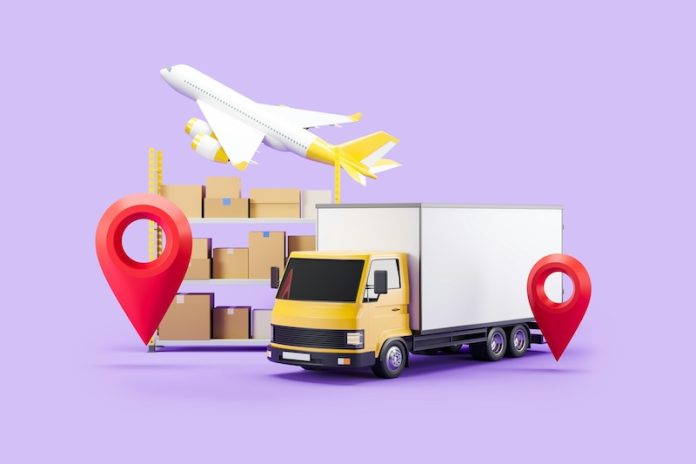
Behind every product we buy, from a cup of coffee to a smartphone, there’s a complex system of suppliers, manufacturers, warehouses, and deliveries working together. This system, called the supply chain, is critical for getting goods to customers efficiently.
But managing supply chains is no easy task. Delays, high costs, and unpredictable demand can create big challenges. That’s where artificial intelligence (AI) is stepping in to revolutionize the process.
AI is changing how supply chains operate by making them smarter and more efficient. Traditionally, supply chain management relied on human expertise and basic software tools.
While these methods work, they often struggle to handle the complexities of modern global trade, especially during disruptions like the COVID-19 pandemic. AI offers a solution by analyzing large amounts of data, predicting future trends, and automating decision-making.
One of the most important ways AI is improving supply chains is through demand forecasting. Using advanced algorithms, AI can analyze historical sales data, market trends, and even external factors like weather or holidays to predict how much of a product will be needed and when.
For example, Amazon uses AI to anticipate customer demand and stock its warehouses accordingly, ensuring faster deliveries and fewer shortages. Research from MIT shows that companies using AI for demand forecasting can reduce forecasting errors by up to 50%, saving millions of dollars.
AI is also transforming inventory management. With tools like computer vision and IoT sensors, AI can monitor stock levels in real time, track products in warehouses, and even suggest the best storage locations.
Walmart, for instance, uses AI-powered robots in its warehouses to scan shelves and ensure items are in stock and correctly labeled. This minimizes human error and improves overall efficiency.
Another area where AI shines is logistics and transportation. By analyzing traffic patterns, fuel costs, and delivery routes, AI can optimize transportation schedules to save time and money.
For example, UPS’s AI-based routing system, called ORION, has helped the company save millions of gallons of fuel by finding the shortest and most efficient delivery routes. These improvements not only cut costs but also reduce the environmental impact of transportation.
AI is also making supply chains more resilient to disruptions. During the pandemic, many companies faced shortages and delays because traditional systems couldn’t adapt quickly.
AI can identify risks early, such as supplier delays or natural disasters, and recommend alternative solutions. Companies like IBM are developing AI platforms that provide real-time visibility into supply chains, helping businesses respond faster to unexpected challenges.
One exciting trend is the use of AI-powered chatbots and virtual assistants to improve communication.
These tools can answer customer inquiries, track orders, and even help businesses communicate with suppliers more effectively. This speeds up processes and ensures better customer satisfaction.
Despite these advancements, there are challenges to adopting AI in supply chains. High costs, lack of expertise, and concerns about data security can slow down implementation. However, as AI technology becomes more affordable and accessible, more businesses are expected to adopt these tools.
If you’re interested in how AI is shaping supply chains, here are some practical tips. First, keep an eye on how companies you buy from use technology to improve their operations—it’s a good indicator of their efficiency and reliability.
Second, if you work in a business with a supply chain, consider learning about basic AI tools that can help streamline processes. Finally, support companies investing in sustainable supply chain practices, as AI often plays a role in reducing waste and improving energy efficiency.
The integration of AI into supply chains is transforming industries and making the journey of goods from factories to homes faster, cheaper, and more reliable.
As these technologies continue to evolve, they promise not just to solve today’s challenges but to create smarter, more resilient systems for the future.
Whether it’s predicting what customers want or delivering products more sustainably, AI is paving the way for a new era in supply chain management.
Copyright © 2025 Knowridge Science Report. All rights reserved.



